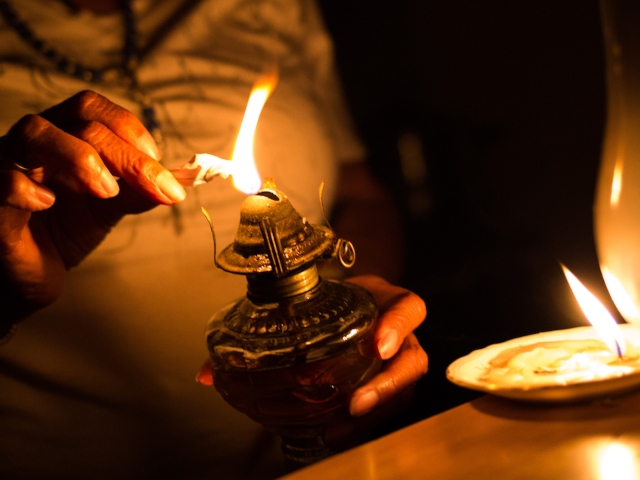The Hessequa Municipality is taking steps to reduce rolling blackouts and to eventually see the town of Riversdale becoming load shedding-free.
This was announced during a briefing by Premier Alan Winde this week, where he detailed the plans for the municipality, which is nestled in the Garden Route. The local municipality consist of 10 towns, with Riversdal being the largest. The Western Cape Government has made funding available to assist the municipality. The total cost of the pilot project is an estimated R213 million.

“It’s not going to be a switch that’s just going to be turned (on). It’s going to be about laying solar panels this year. It’s gonna be about putting batteries in next year. It’s a process, but the competition is on, and I am looking forward to this journey,” says Winde.
Mayor Grant Riddles says the project is expected to be completed in three years’ time:
“This project will help with economic development and growth, job creation and business will get the opportunity to thrive,” says Riddles.
WHAT THE PROJECT COMPRISES:
• 10 MW-hours of solar photovoltaic (PV) capable of generating 15 million kilowatt-hours annually;
• a battery energy storage system (BESS) with a storage capacity of 10 MW-hours will enable efficient energy storage and discharge; and
• the implementation of advanced monitoring and control systems for real-time performance tracking and optimisation.
The main objective of this pilot project is to ensure uninterrupted power supply to critical infrastructure, enhance public safety and essential services, and mitigate economic losses for the many businesses in the town. It will improve the quality of life for more than 22 000 residents. Municipal manager Albert De Klerk says this will be a benefit to all:
“This is a project that’s not just going to look at business, but it will bring significant change; the matrics who need to study. It’s also going to help the elderly who cannot afford to do this huge investment in terms of solar PV systems at their residences, so I see a huge project from this side,” says De Klerk.
MORE ON WHAT THE PROJECT WILL ENTAIL
“The first phase is focusing on the ROD (record of decision), getting the solar panels and then installing it on the farm, the security aspect that will in itself not generate energy, then we get to the battery systems and then we need to tie it – in the 2nd and 3rd year – into our grid, and synchronize it because you cannot just switch it on. It’s not like at your residence. It’s not a small installation,” says De Klerk.
Premier Winde says his aim is to not only invest in the big metros, but to also assist smaller municipalities like this one:
“We’ve got solar PV that’s going up across the board. We are really transitioning the region to a much better carbon footprint with a number of green solutions and this again, is a municipality that’s going to step up with a green solution.”
READ MORE: R1,2 billion solar power plant earmarked for Somerset West


